
5 Powerful Vitamins That Help Stop Acid Reflux Naturally
 Do you often struggle with acid reflux or heartburn? That burning sensation in your chest, sour taste in your mouth, and general discomfort after eating can make everyday life unpleasant. For many people, these symptoms become a constant battle that disrupts sleep, appetite, and overall well-being.
Do you often struggle with acid reflux or heartburn? That burning sensation in your chest, sour taste in your mouth, and general discomfort after eating can make everyday life unpleasant. For many people, these symptoms become a constant battle that disrupts sleep, appetite, and overall well-being.
While prescription and over-the-counter medications can provide quick relief, they often address symptoms rather than the root cause. A more sustainable approach is to support your digestive system from within — and certain vitamins can play a powerful role in doing just that.
By strengthening your stomach lining, reducing inflammation, and balancing stomach acid production, the right nutrients can help you find natural, long-term relief. Below are five essential vitamins that promote digestive balance and may ease acid reflux symptoms over time.
1. Vitamin A – Strengthens and Protects the Digestive Lining
Vitamin A is vital for maintaining the mucous membranes that line your stomach and esophagus. These protective layers act as a shield, helping prevent stomach acid from irritating or damaging sensitive tissues. When these linings are healthy, your body can better defend itself against the burning and discomfort associated with reflux.
✅ Key Benefits:
-
Strengthens the esophageal and stomach lining
-
Promotes repair of damaged tissue
-
Reduces inflammation in the digestive tract
-
Supports immune health and overall resilience
Best Food Sources:
Carrots, pumpkin, liver, eggs, sweet potatoes, and dark leafy greens like spinach and kale.
👉 Tip: Including a small amount of healthy fat (like olive oil or avocado) with vitamin A-rich foods enhances absorption.
2. B Vitamins – Regulate Acid and Reduce Inflammation
The B-complex vitamins — especially B1 (thiamine), B6 (pyridoxine), and B12 (cobalamin) — are essential for proper digestion, energy metabolism, and nerve health. They help regulate stomach acid production, ensuring your body makes just enough to digest food efficiently without irritating the esophagus.
When B-vitamin levels are low, you may experience fatigue, poor digestion, or even increased inflammation in the gut lining.
✅ Key Benefits:
-
Helps balance and normalize acid levels
-
Supports tissue repair and healing
-
May reduce symptoms of gastritis and inflammation
-
Improves energy and digestive enzyme function
Best Food Sources:
Whole grains, legumes, meats, eggs, nuts, and seeds.
👉 Tip: If you follow a plant-based diet, consider fortified foods or a B-complex supplement, as vitamin B12 is primarily found in animal products.
3. Vitamin C – Neutralizes Acidity and Promotes Healing
Most people recognize vitamin C for its immune-boosting effects, but it also has strong benefits for your digestive system. As a powerful antioxidant, vitamin C can help neutralize excess stomach acid, reduce oxidative stress, and promote the healing of irritated tissues in the esophagus and stomach lining.
✅ Key Benefits:
-
Acts as a natural acid neutralizer
-
Promotes healing and tissue repair
-
Reduces oxidative stress and inflammation
-
Strengthens overall immune function
Best Food Sources:
Citrus fruits, strawberries, bell peppers, kiwi, and broccoli.
⚠️ Note: Citrus fruits can worsen reflux for some people. If that’s the case, opt for gentler sources like broccoli, papaya, or guava.
4. Vitamin D – Supports the Esophageal Barrier and Gut Health
Beyond bone health, vitamin D plays a crucial role in digestive and immune function. Research suggests it helps strengthen the lower esophageal sphincter (LES) — the muscular valve that prevents stomach acid from flowing upward. A stronger LES means fewer reflux episodes.
Low vitamin D levels have been linked to increased inflammation and gastrointestinal discomfort, so maintaining adequate levels is essential for overall digestive balance.
✅ Key Benefits:
-
May improve LES function and prevent reflux
-
Reduces inflammation throughout the gut
-
Supports a balanced immune system
-
Enhances nutrient absorption
Best Food Sources:
Fatty fish (salmon, mackerel, sardines), fortified dairy or plant milks, and eggs.
☀️ Bonus: Regular, safe sun exposure is the most natural way to boost your vitamin D levels.
5. Vitamin E – Soothes and Protects Against Damage
Vitamin E is another potent antioxidant that helps defend your cells from oxidative damage caused by stomach acid. Its anti-inflammatory and healing properties make it particularly helpful for calming irritation in the esophagus and stomach lining over time.
✅ Key Benefits:
-
Reduces inflammation and oxidative stress
-
Protects delicate mucosal tissues
-
Promotes repair of acid-related damage
-
Supports overall cellular health
Best Food Sources:
Nuts (especially almonds), seeds, vegetable oils, spinach, and avocado.
👉 Tip: Combining vitamin E with other antioxidants, such as vitamin C or selenium, can enhance its protective effects.
Final Tips for Managing Reflux Naturally
Incorporating these reflux-fighting vitamins into your daily diet can make a noticeable difference in how your body digests and processes food. However, consistency and balance are key.
Here are a few reminders:
-
Don’t overdo supplements — excess vitamins can sometimes cause side effects.
-
Always check with a healthcare professional before starting new supplements, especially if you take medications or have chronic reflux.
-
Combine good nutrition with smart habits: avoid lying down after meals, eat smaller portions, limit trigger foods (like caffeine and spicy dishes), and manage stress.
With the right blend of nutrition, lifestyle choices, and medical guidance, you can manage acid reflux more naturally — and start feeling healthier, more comfortable, and more in control day by day.
News in the same category

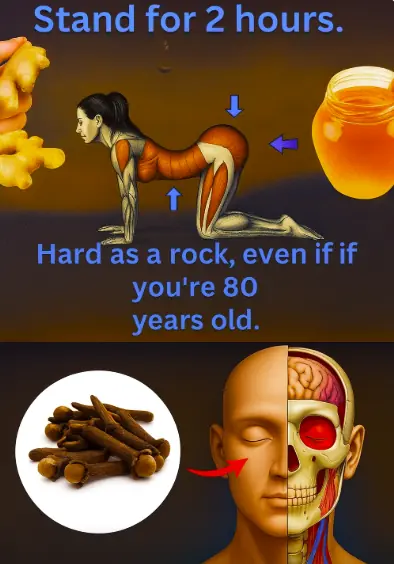
Ginger, Clove, and Honey: The Natural Trio Your Body Will Thank You For

Routine Smoothie Ingredient Causes Severe Food Pipe Obstruction In Health-Conscious Teen
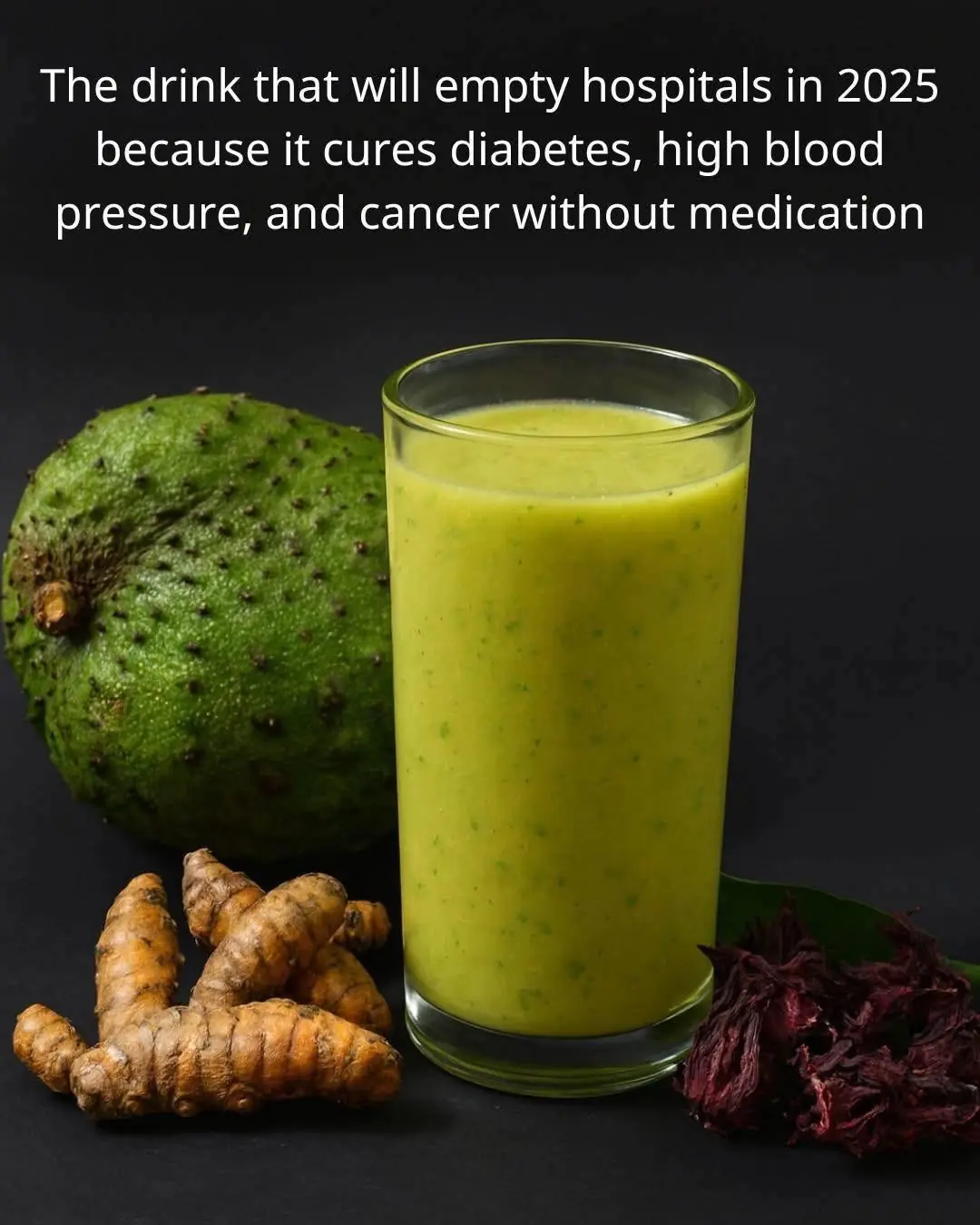
The Drink That’s Gaining Attention in 2025: A Natural Blend to Support Blood Pressure, Diabetes, and More

Man Passed Away After Eating Eggs — Stop Eating Eggs This Way Immediately
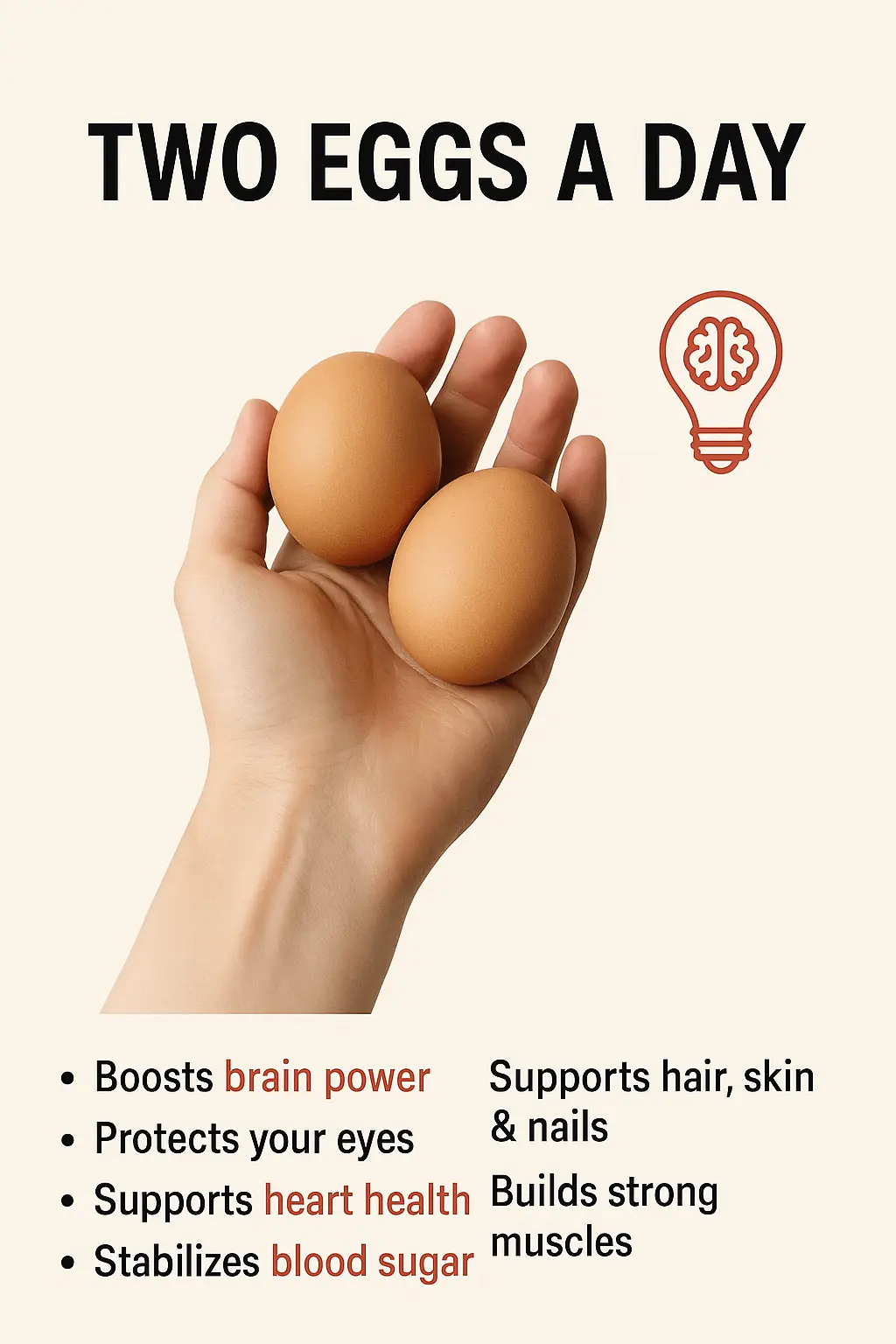
Two Eggs a Day — Small Habit, Big Health Boost

Sweetgum’s Hidden Powers: 7 Surprising Health Benefits You Need to Know
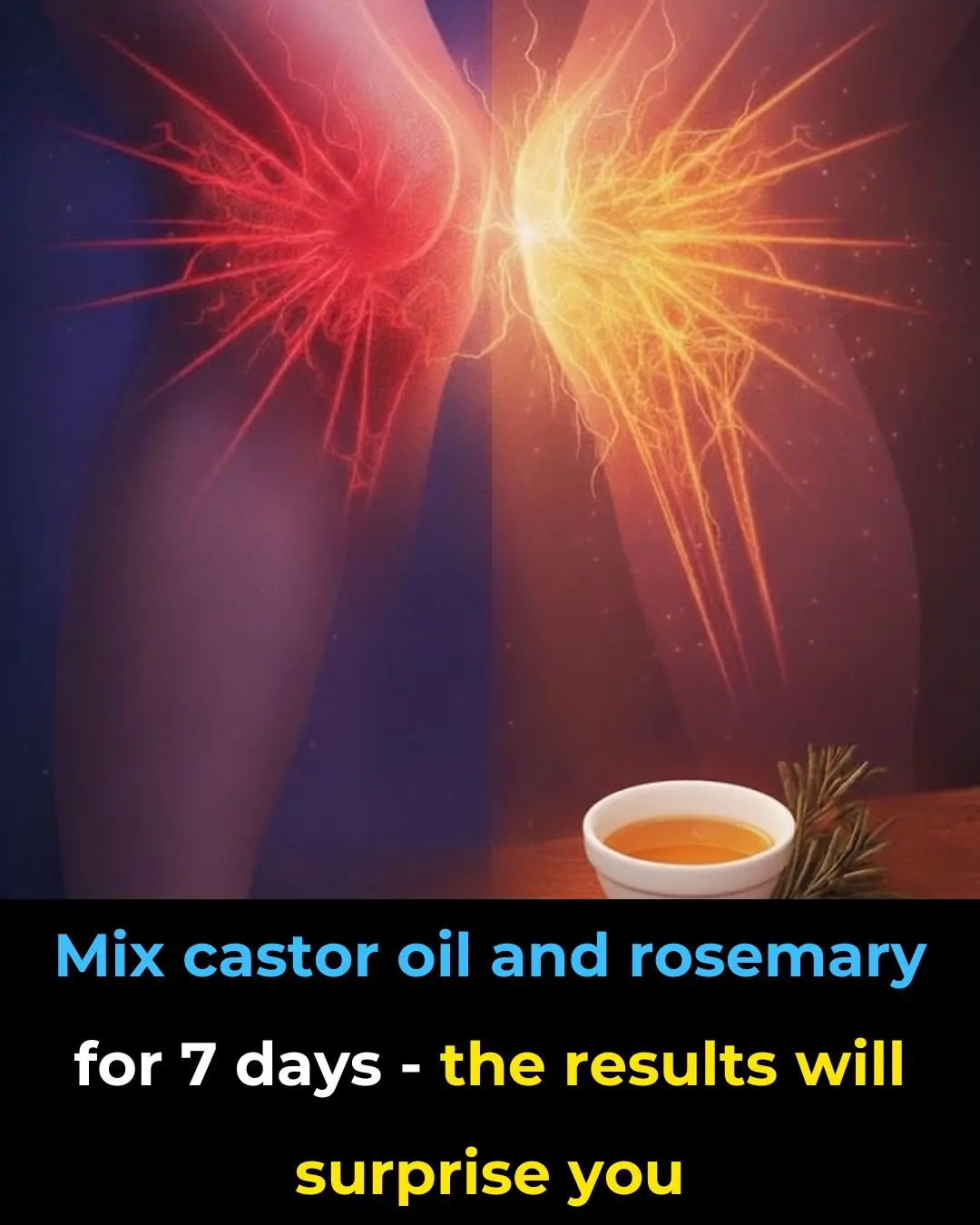
Mix castor oil and rosemary — the 7-day results will surprise you
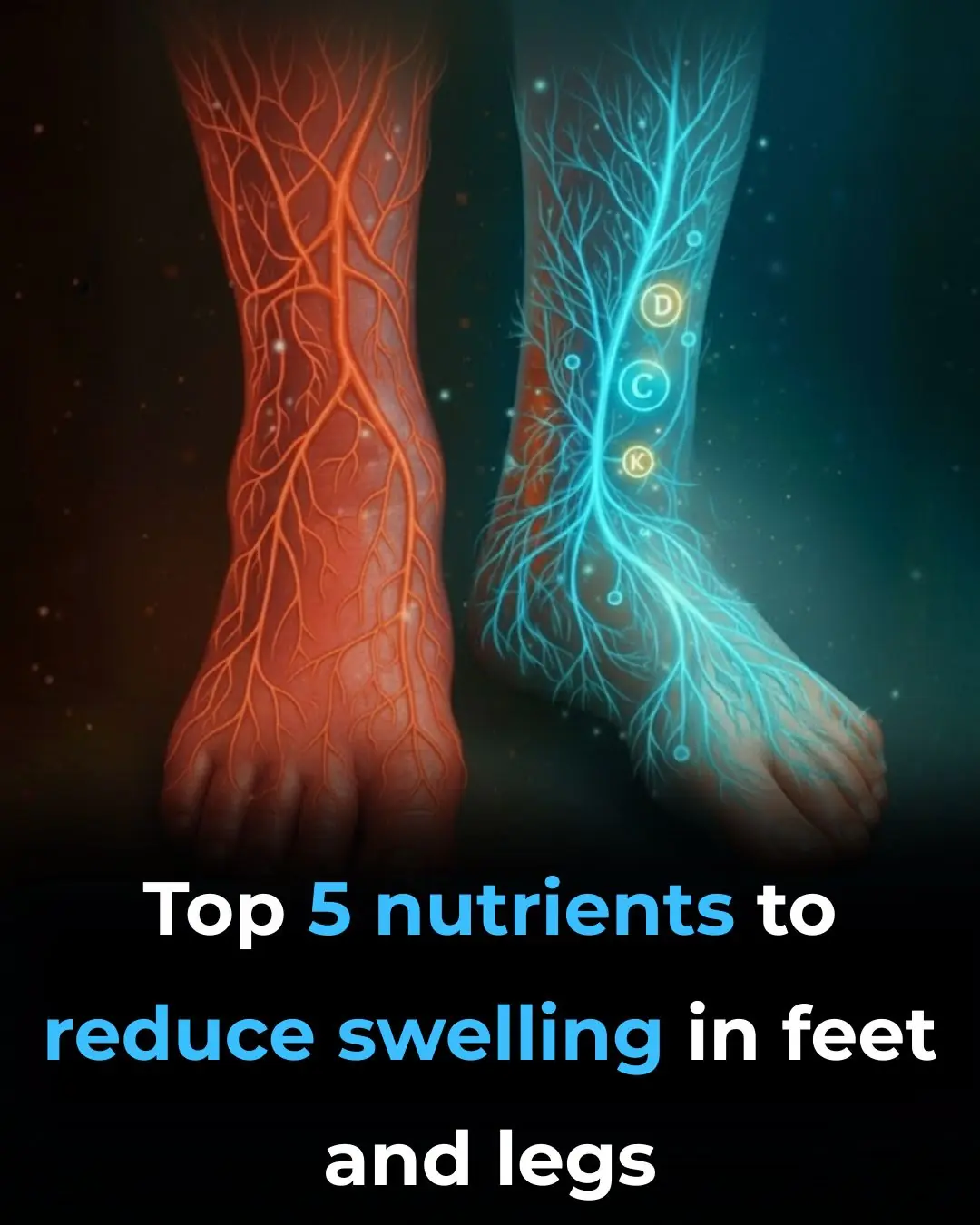
Top 5 Nutrients to Reduce Swelling in Feet and Legs

Proven Health Benefits of Eating Eggs Based on Evidence

Woman Left with Swollen Lip After Centipede Bites Her in Sleep
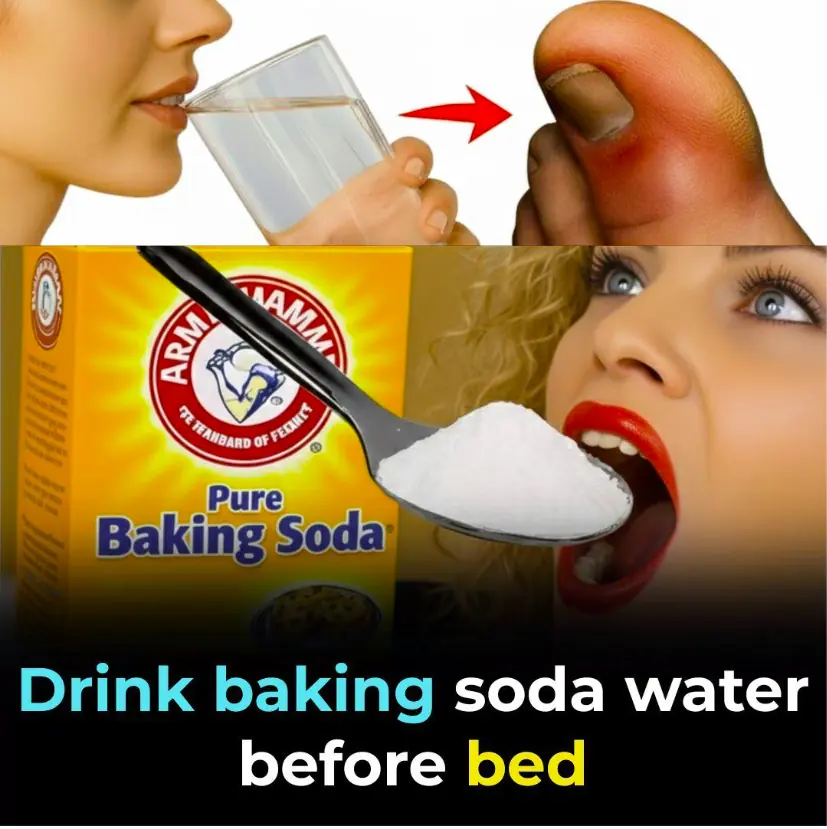
Unlock Baking Soda’s Hidden Powers Today
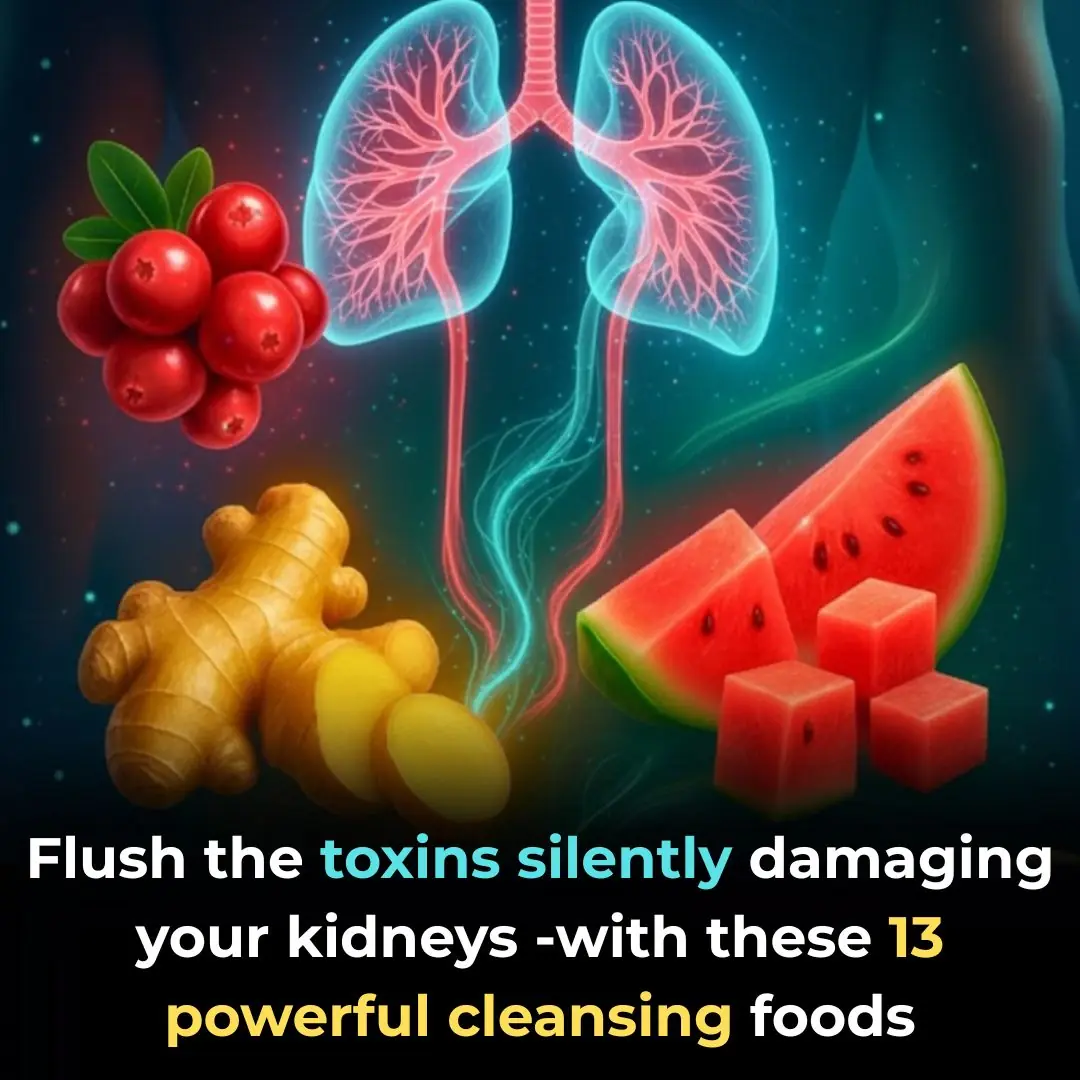
Flush the toxins silently damaging your kidneys — with these 13 powerful cleansing foods
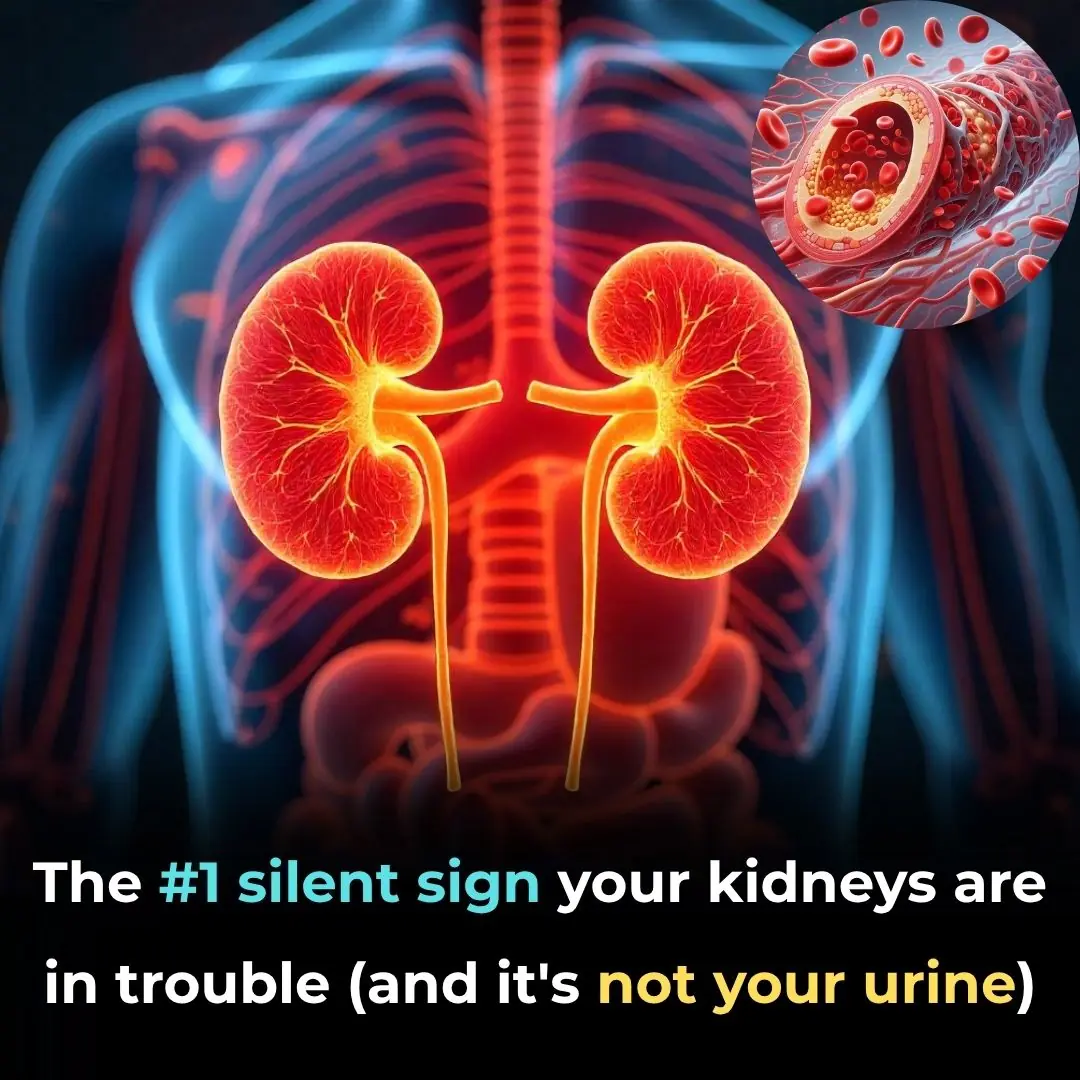
The #1 silent sign your kidneys are in trouble (and it’s not your urine)

A 30-year-old man suddenly suffered kidney failure: 5 daily habits that silently destroy the kidneys
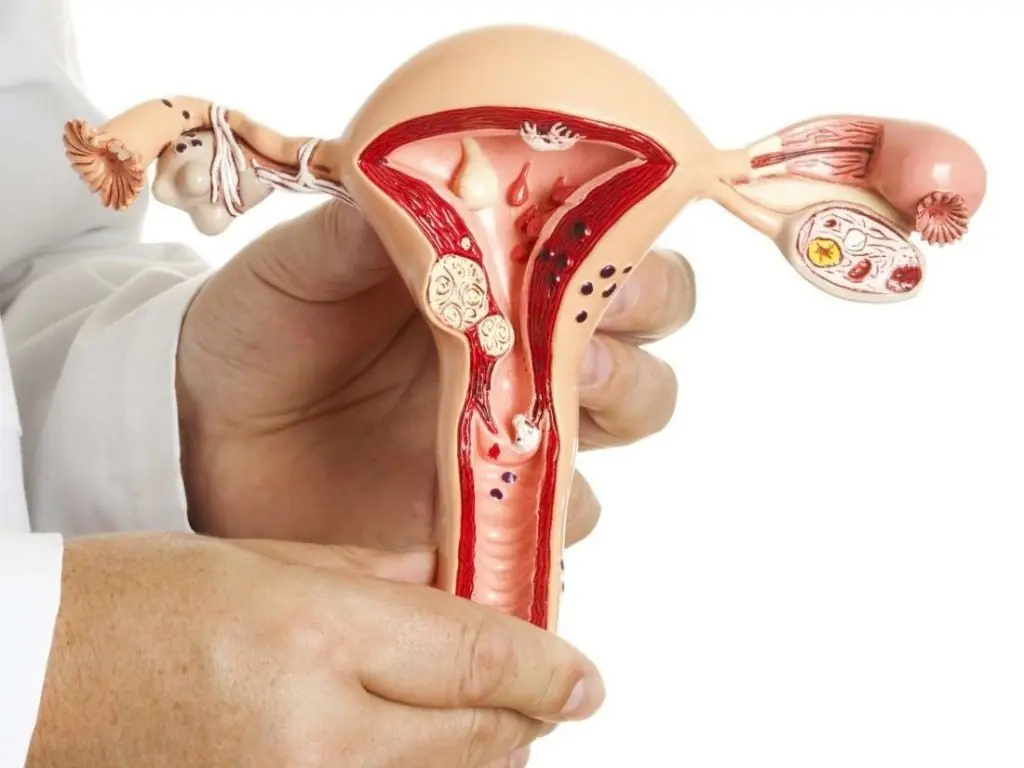
Eating fish in a way many people believe to be highly nourishing, the young woman ended up with premature ovarian failure and a body full of mercury
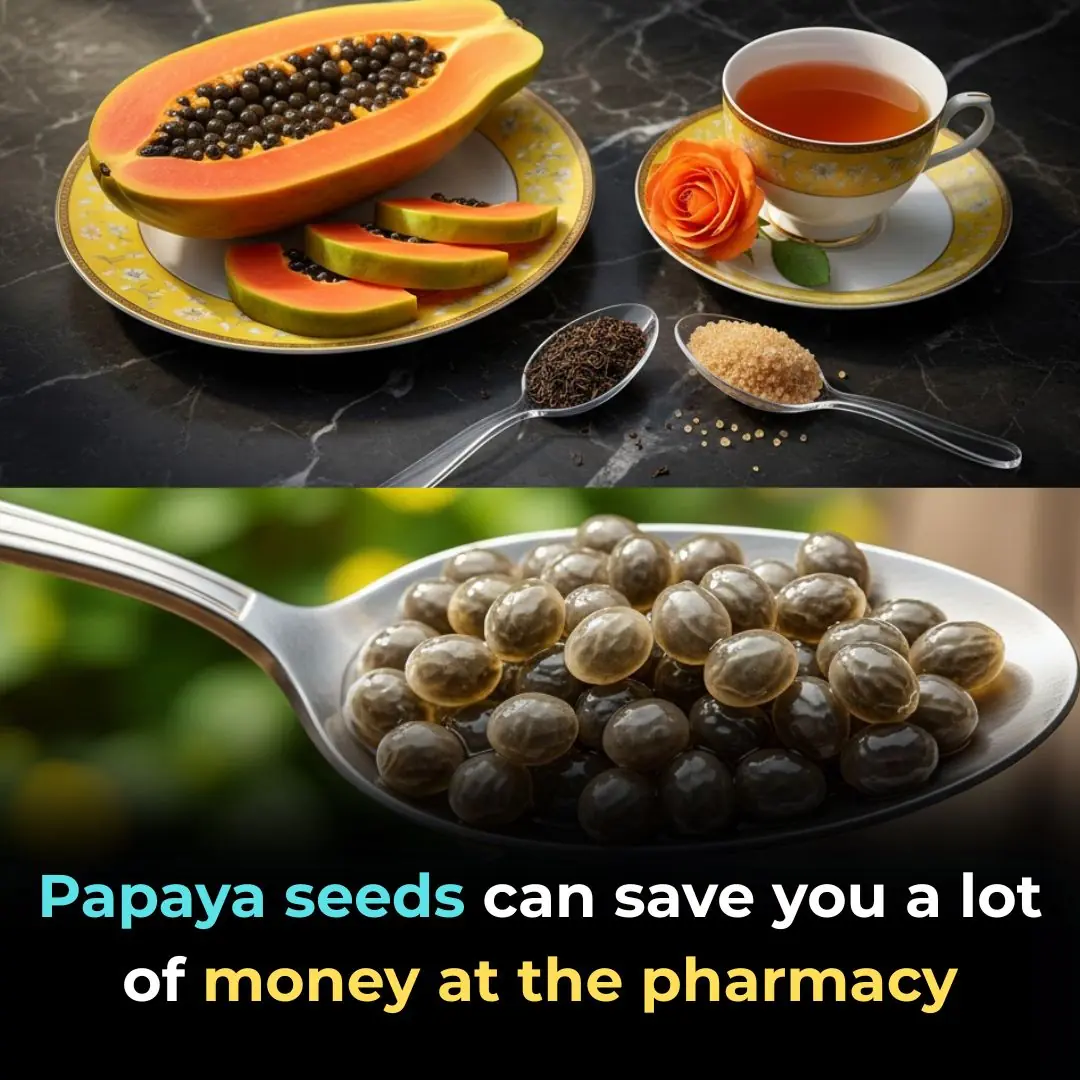
Papaya Seeds: A Powerful Remedy for Liver Health and How to Use Them as a Pepper Substitute

He drank hot tea every day. The results of his health check left him stunned
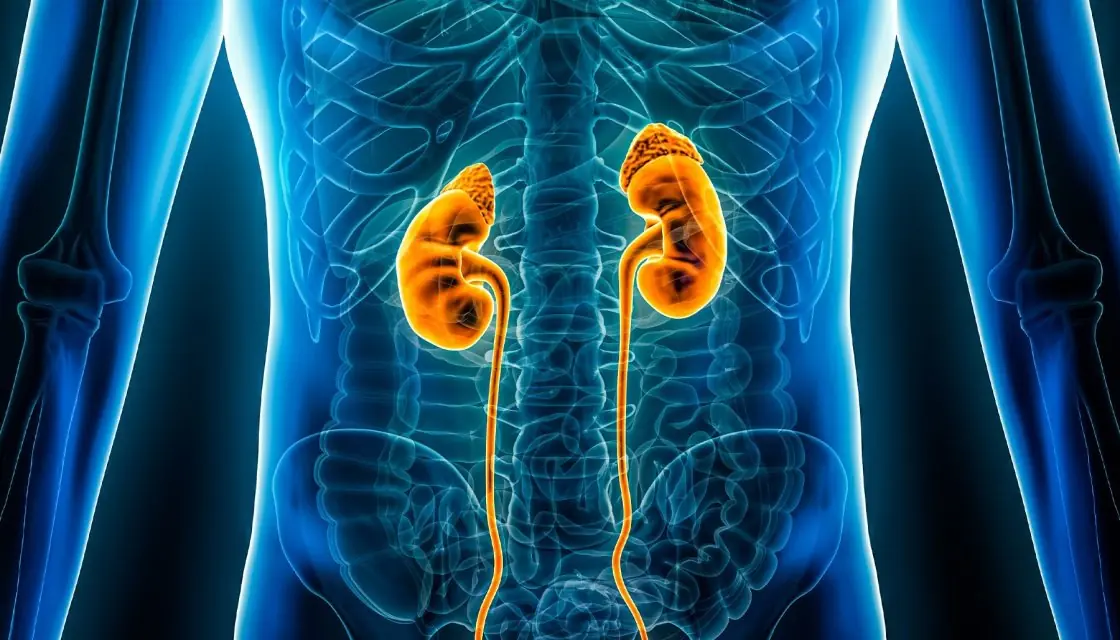
IF YOUR BODY SHOWS THESE EARLY WARNING SIGNS YOU NEED TO GET YOUR KIDNEY CHECKED FAST
News Post
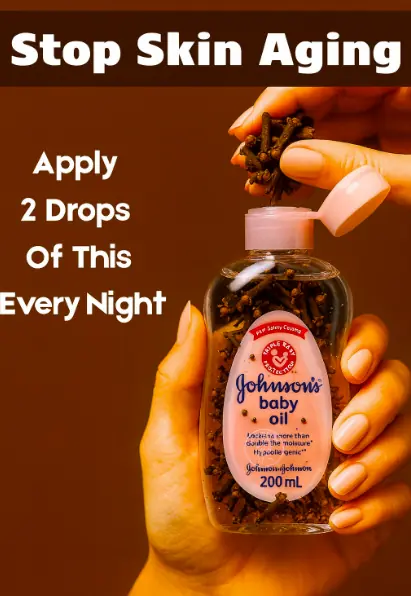
Reverse Skin Aging With Cloves & Baby Oil

Culantro: The Hidden Gem of Your Garden

Ginger, Clove, and Honey: The Natural Trio Your Body Will Thank You For
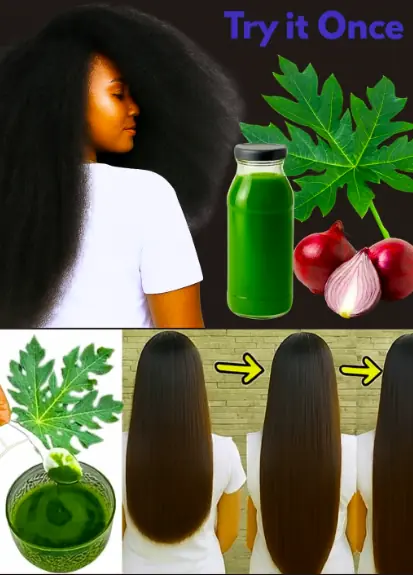
Papaya Leaves and Onion Juice: The Secret Elixir for Rapid Hair Growth and Amazing Thickness

Routine Smoothie Ingredient Causes Severe Food Pipe Obstruction In Health-Conscious Teen

The Drink That’s Gaining Attention in 2025: A Natural Blend to Support Blood Pressure, Diabetes, and More
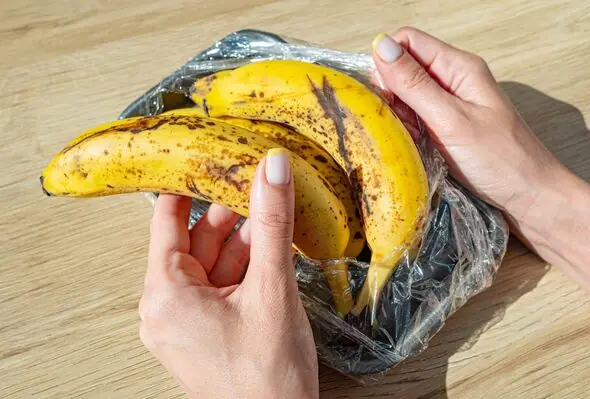
When you eat a banana with spots that is turning brown, here's what happens to your body

Man Passed Away After Eating Eggs — Stop Eating Eggs This Way Immediately

Two Eggs a Day — Small Habit, Big Health Boost

My toenail turned thick and yellow. Clinic can’t see me anytime soon. What is this?

Face Toner With Cloves & Rose Water: No Wrinkles, No Age Spots
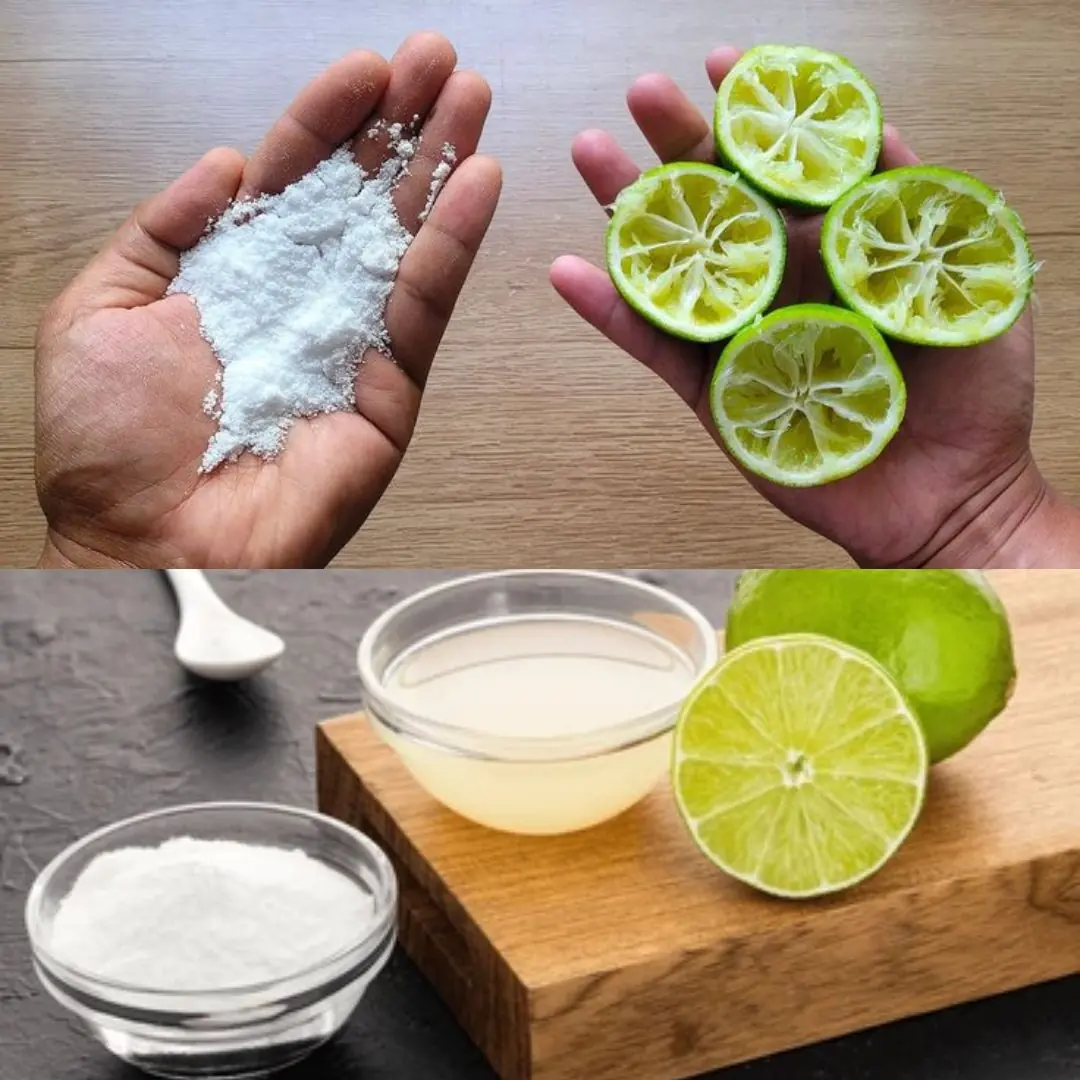
Homemade Lemon Peel Cleaners: Two Powerful Recipes for a Spotless Home

Sweetgum’s Hidden Powers: 7 Surprising Health Benefits You Need to Know

Nourish & Revitalize: How Guava Leaf, Aidan Fruit, and Okra Support Women’s Health
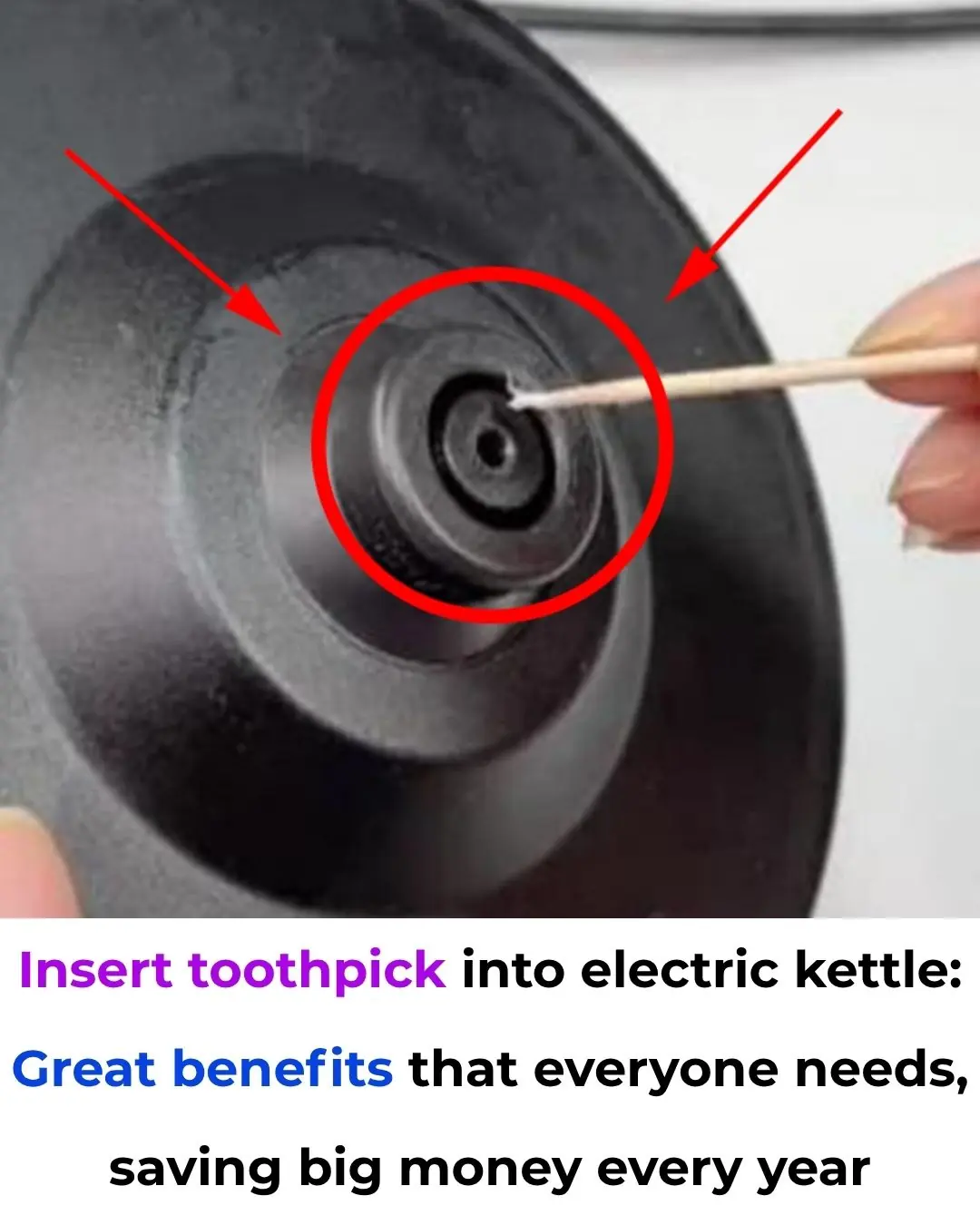
Stick a Toothpick into Your Electric Kettle: Amazing Benefits Every Home Needs, Save Hundreds Each Year
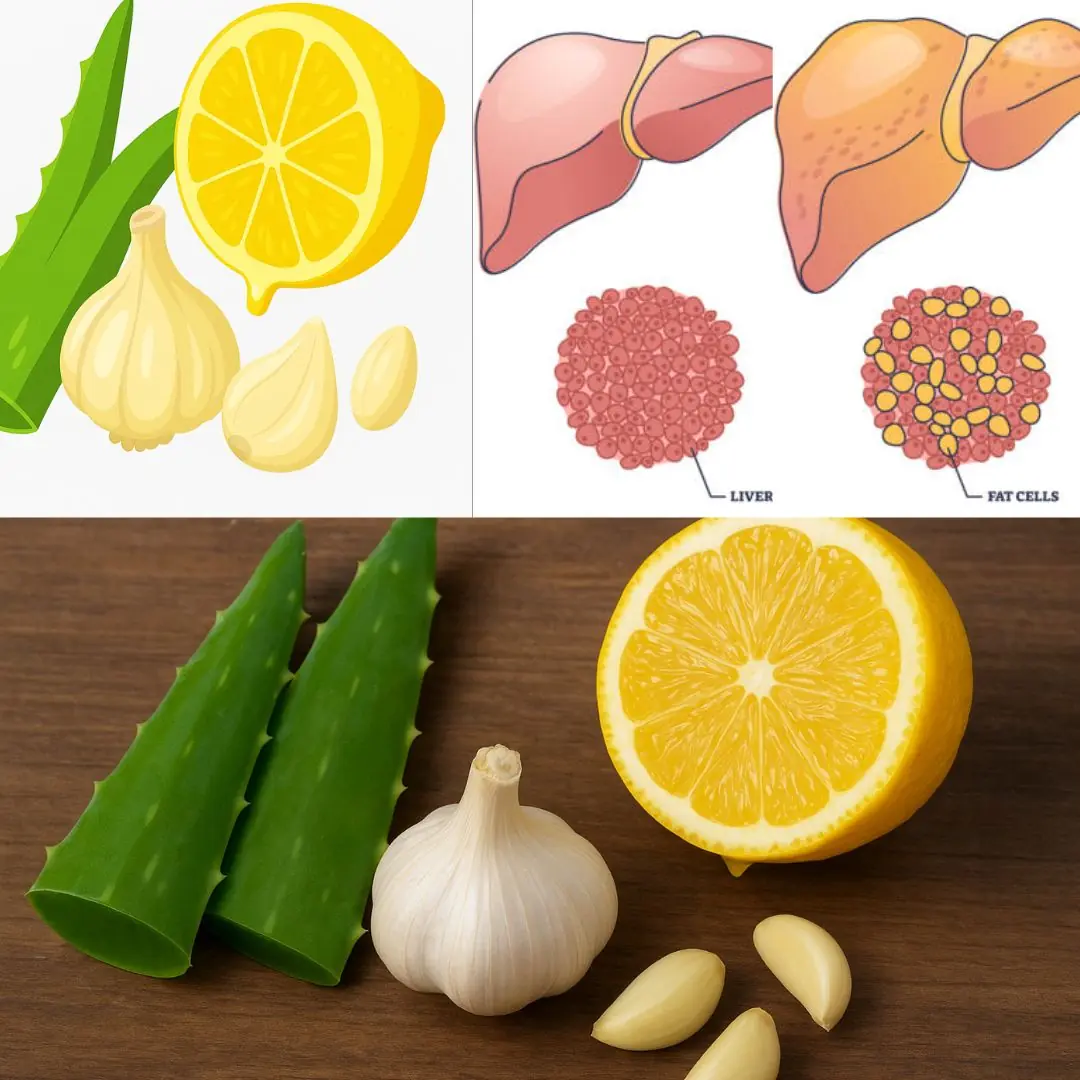
Aloe Vera Super Remedy: Stronger Than Garlic, Lemon, and Fights Bacteria & Fungi Naturally

Never Clean Your Light Switches with Water: Here’s a Safe Trick to Make Them Shine Like New
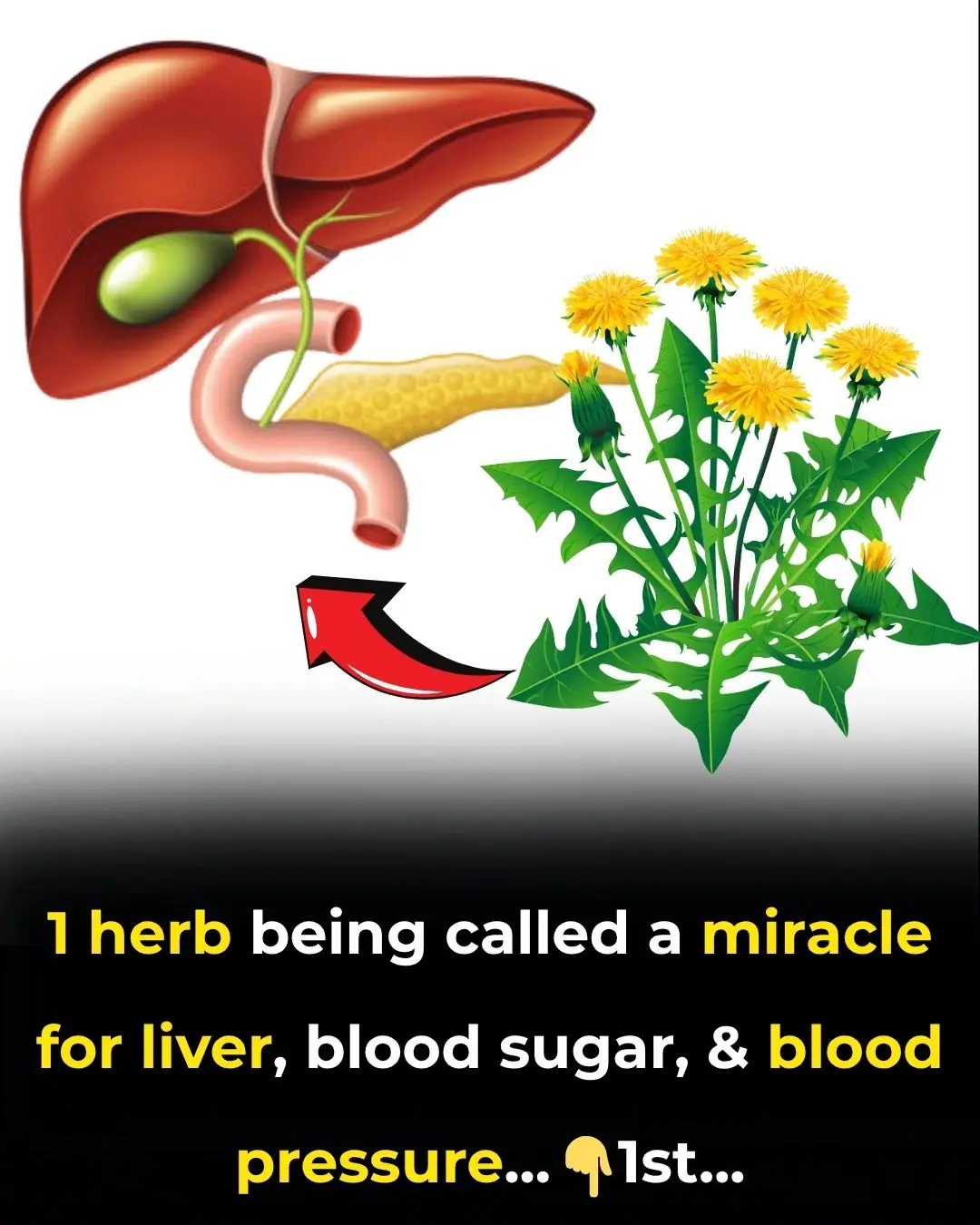
1 herb being called a miracle for liver, blood sugar, and blood pressure

Mix castor oil and rosemary — the 7-day results will surprise you
